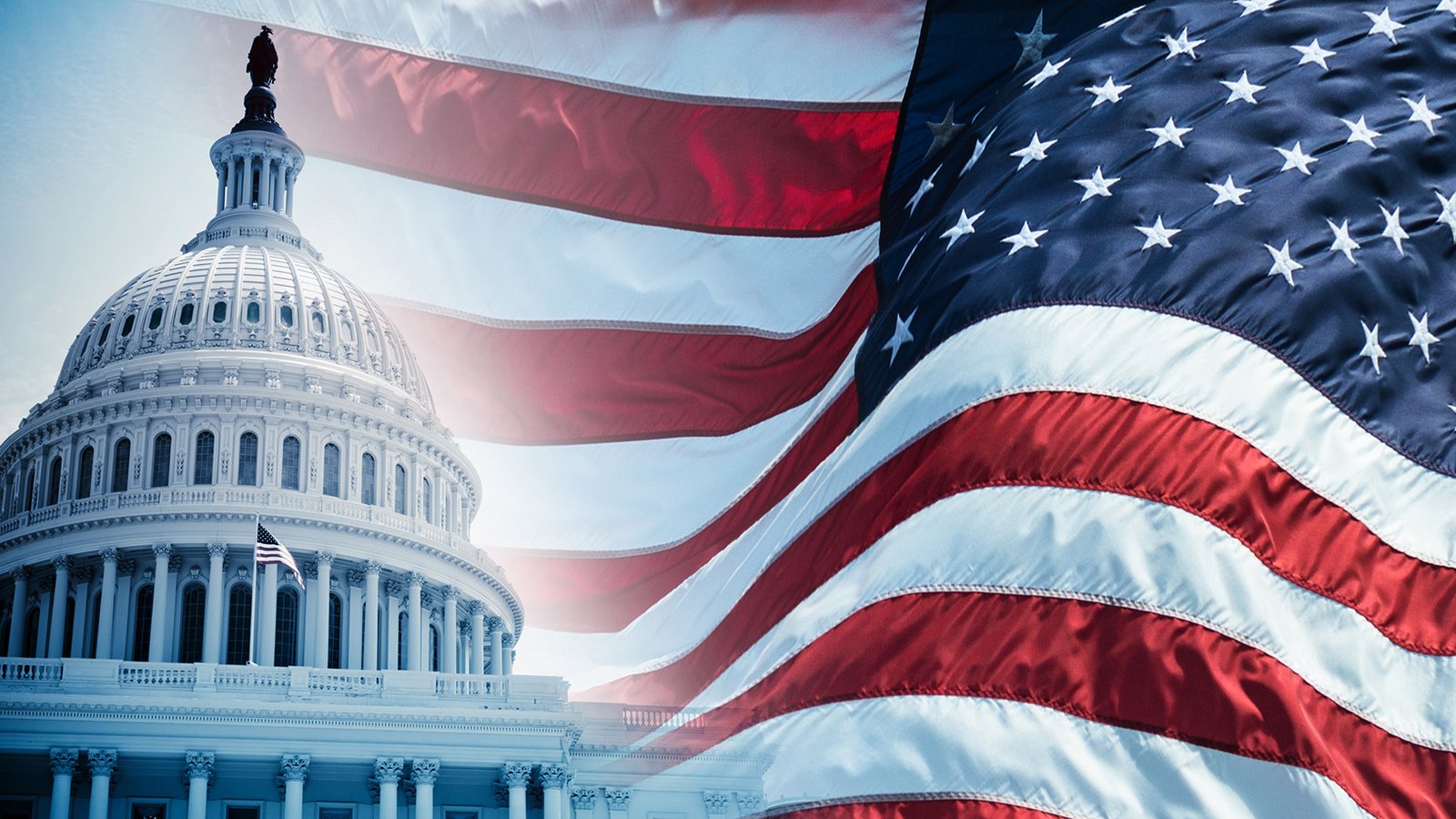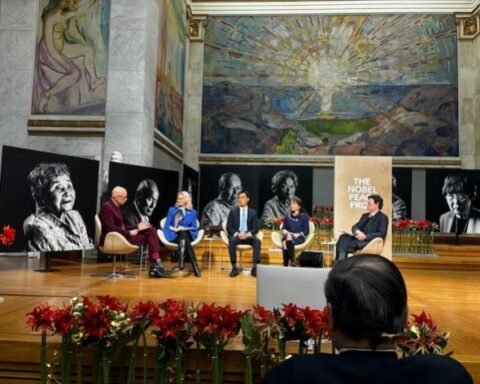European Economists Brace for Impact of U.S. Election on Trade and Security Policies
Oct 14 – The upcoming U.S. election on November 5 poses a challenging scenario for Europe, presenting either a continuation of policies under Vice President Kamala Harris or a potentially tumultuous second term for former President Donald Trump. European analysts view both outcomes as a “least bad” option amid uncertainties regarding trade and NATO defense spending.
If Harris wins, Europe anticipates little change in trade policies, viewing her presidency as a continuation of President Biden’s approach. However, a second Trump presidency could trigger multiple challenges, particularly if he withdraws U.S. support for Ukraine, compelling European governments to quickly increase their defense budgets. Moreover, a resurgence of a global trade war could leave Europe at a significant disadvantage, especially as anti-China measures garner bipartisan support in the election campaign.
Zach Meyers, an expert at the Centre for European Reform (CER), noted, “Whoever wins the U.S. election, it is unclear whether Europe can continue to benefit from U.S. growth without reducing trade with China itself. Both candidates seem to be heading in the same direction, with Trump being less predictable and potentially more confrontational with the European Union.”
The risks are particularly acute for ASML, a Dutch supplier of advanced microchip manufacturing equipment, which has already faced U.S. export bans on half of its products to China due to ongoing containment efforts. ASML CEO Christophe Fouquet highlighted the bipartisan nature of U.S. restrictions, indicating that these measures will likely persist regardless of the election outcome.
Europe’s economy is heavily reliant on trade, with half of its output stemming from exports—double the rate of the United States. The region also boasts 30 million manufacturing jobs, significantly more than the 13 million in the U.S., making it vulnerable to restrictions on commerce.
Rising Tariff Concerns
Support for free trade in Washington has dwindled over the past decade. President Biden has opted not to eliminate tariffs imposed during Trump’s presidency and has introduced the Inflation Reduction Act (IRA), which emphasizes U.S. job creation. Analysts predict that Harris would continue this approach, while Trump has threatened to implement broad tariffs of 10-20% on all imports, including those from Europe, which conducts over one trillion euros in annual trade with the U.S.
Spanish olive producers, once heavily reliant on the U.S. market, have seen a 70% drop in exports due to Trump-era tariffs that remain in effect despite World Trade Organization (WTO) rulings against them. Antonio de Mora, head of ASEMESA, representing Spain’s olive exporters, expressed concern, stating, “If Trump wins, this could get worse, and we think it will be difficult to resolve this without pressure from Europe.”
For European companies with U.S. operations, uncertainty looms over Trump’s potential move to scrap Biden’s IRA green energy subsidies. German machinery firm Trumpf, which employs 2,000 workers in the U.S. and supplies equipment for electric vehicle batteries and solar power, has paused its expansion plans in the U.S. amid election uncertainties.
Implications for Defense Budgets
The U.S. election could also significantly impact European defense budgets, which have been strained by post-pandemic recovery spending. Harris is expected to push for increased European contributions to regional security, while Trump’s commitment to supporting Ukraine remains ambiguous, raising concerns among European leaders.
UBS analysts noted, “A Trump presidency increases the risk that spending needs to be ramped up sooner, while a Harris presidency may give Europe more time.” While a Harris victory might have minimal immediate effects on Europe’s economy, the potential risks associated with a second Trump term are palpable.
Goldman Sachs economists project that if Trump proceeds with his proposed tariffs, the direct effects, along with the associated trade uncertainties, could reduce output in the euro area by one percentage point—exceeding the weak 0.8% growth forecast for this year.
The European Commission is actively assessing how the election outcome could influence the EU, but achieving consensus among member states remains a challenge, as evidenced by recent divisions over policies related to Chinese electric vehicle imports.
Proponents of a stronger European response suggest that a Trump victory could serve as a wake-up call, prompting the EU to undertake necessary reforms to counter its shrinking economic stature relative to the U.S. economy. As the CER observed, “The prospect of more tense transatlantic relations should encourage the EU to address the reasons behind its declining economic influence.”







